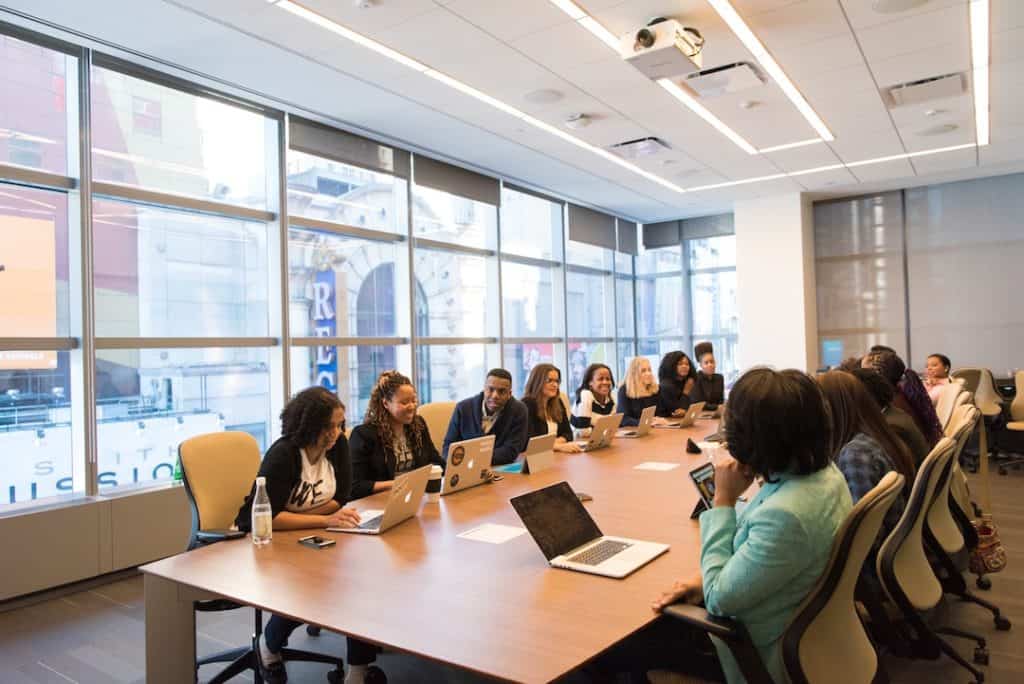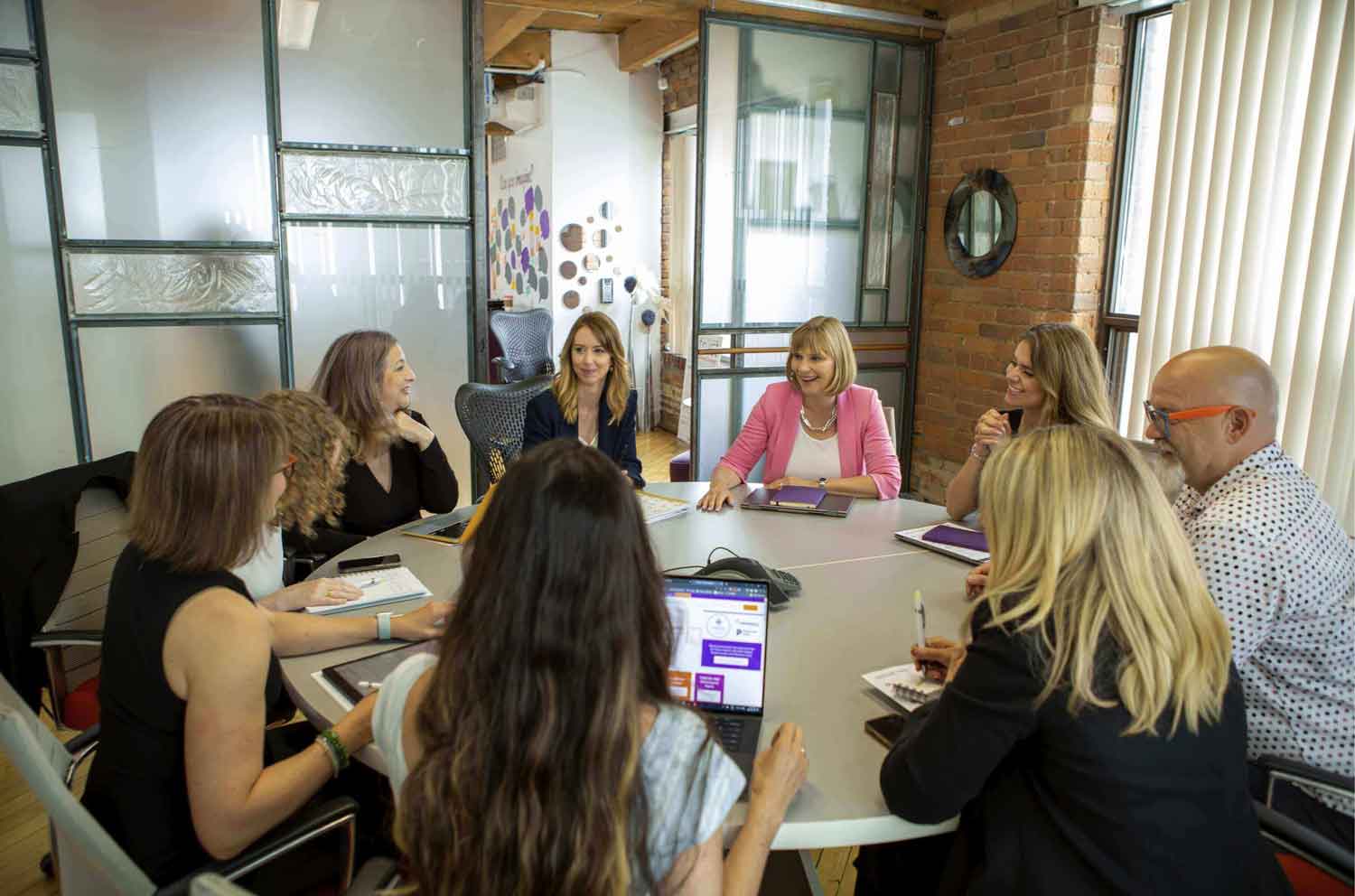Today, we live in the Age of Collaboration, and HR, like all other business functions, has to rise to the challenge of a more-complex business environment that demands nimble agility at an aggressive pace. HR professionals must shift from “supporting the business” to “leading the business” through an adaptable people agenda that helps to embed a coaching culture throughout the organization.
In Liz Wiseman’s seminal book, Multipliers: How the Best Leaders Make Everyone Smarter, she researched “Diminishers,” leaders who drain capability and intelligence from their teams, and “Multipliers,” leaders who amplify it to produce better results. Simply put, HR practitioners can be a crucial player in empowering leaders to collaborate, innovate and draw the very best out of their teams, boosting the number of Multipliers in their organizations. But first, the way we think about leadership development needs to change.
Going Below the Surface
When we look at how we develop leaders, one of the things that I’ve observed is that we spend a lot of time — and money — on “above the line” activities. Most leadership development programs focus on the skills and knowledge that leaders and managers need to be able to delegate or coach their team. While programs try to tap into shifting behaviours, it can be difficult to realize any meaningful change in a one-or-two day offsite. It’s the crux of why we don’t see a lot of leadership development stick.
While a one-to-one coach can be brought in to work on specific behaviour changes, it’s a high investment that, unfortunately, provides limited ROI.
We need to dip below the surface. Attitude, mindset, beliefs, values and motivations — these are the things that underpin whether someone will successfully change their behaviour. And, let’s face it, traditional leadership development isn’t as streamlined as we would like it to be. There are assessments, action plans, courses and mentoring, and they tend to be discrete, fragmented activities. The accidental outcome is that we can invest all kinds of money in development programs but if there’s a disconnect between the new behaviours that are required for your leaders and what they are motivated to do, nothing will really change. (And, your Diminisher count stays the same.)
Cascade Learning Across the Organization
To help learning stick and help Multipliers thrive throughout your organization, we need to take development to a place that allows leaders to build their collective — not just individual —capability. We need to remove learning from its siloes and, instead, combine the best elements of coaching, mentoring, peer feedback, informal learning, assessments and application activities into one model that allows leaders to develop and sustain learning over time.
And, here’s a radical, counterintuitive solution: take accountability of leadership development out of the domain of your Talent and L&D teams and push it into the hands of your leaders. How? Through group coaching. Group coaching enables leaders to stop learning in isolation and start learning collectively. It bolsters a coaching culture. And, as time becomes more of a premium at all levels, professional development must be proactively integrated with an approach that helps leaders learn relevant skills and knowledge in real time.
The Multiplier Effect in Action
Group coaching helps retain and accelerate learning. It creates an environment of trust where cross-functional leaders can openly exchange ideas and learn from the experiences of others, where they can talk through new strategies and have those a-ha moments where their way of thinking and doing is forever changed. Along the way, your key contributors learn to listen, engage, provoke, ask and unleash the capabilities of others.
A group coaching approach to leadership development not only drives learning but also increases collaboration, broadens perspectives, and provides the tools for the group participants to parlay their experience back to their teams.
It’s an outcome of group coaching that, here at The Roundtable, we see time and time again. As the coaching participants mentor and coach one another, they then use their new skills and behaviours to coach and mentor their teams. Not only are they Multipliers that amplify the collective intelligence and capacity of their teams, they are also Multipliers who have a ripple effect by cascading a coaching culture throughout an organization.
As we navigate the new normal in our post-pandemic world, there’s little doubt that teams will be more dispersed in the foreseeable future. The ability to create an environment of continuous, shared and collaborative learning has never been more critical to organizational success. It is a business imperative that HR shifts from being the “keeper” of professional development to being strategic amplifiers and Multipliers of learning as well.




